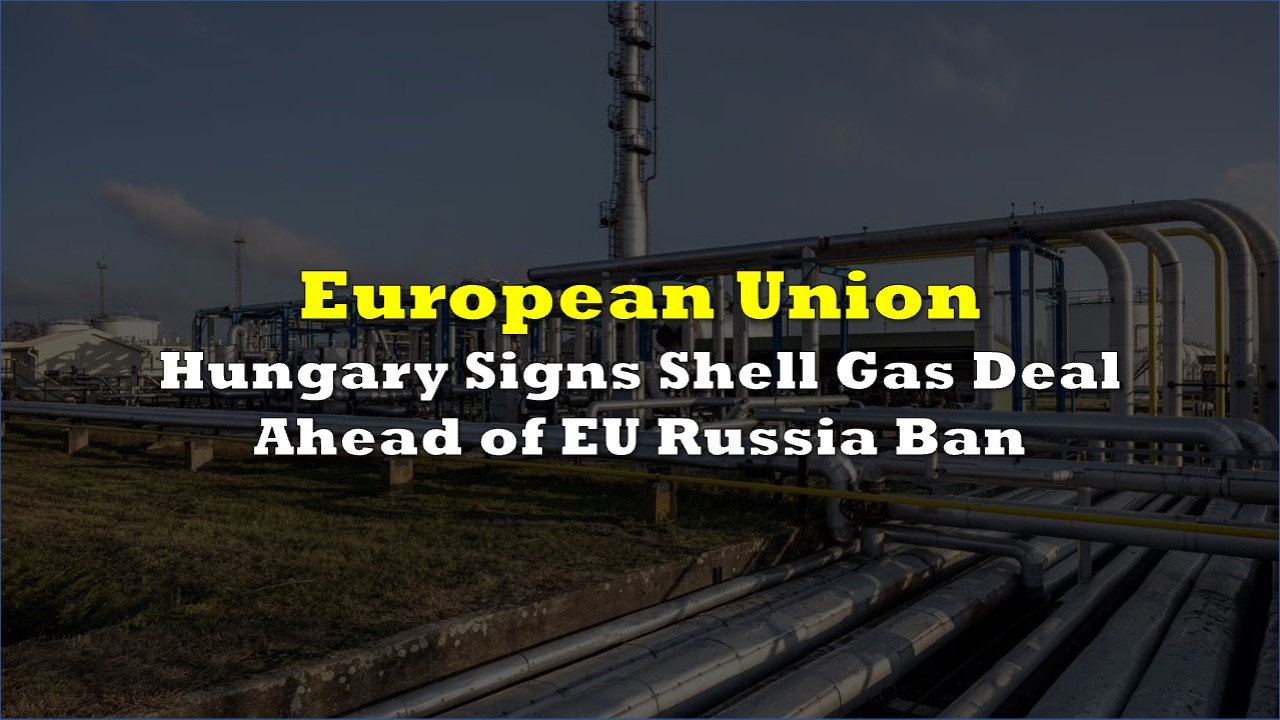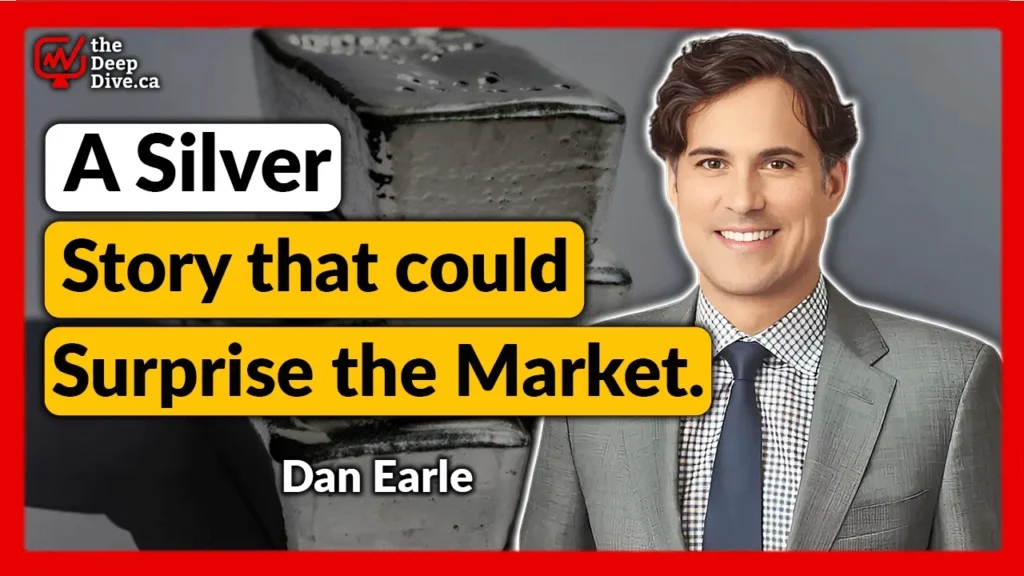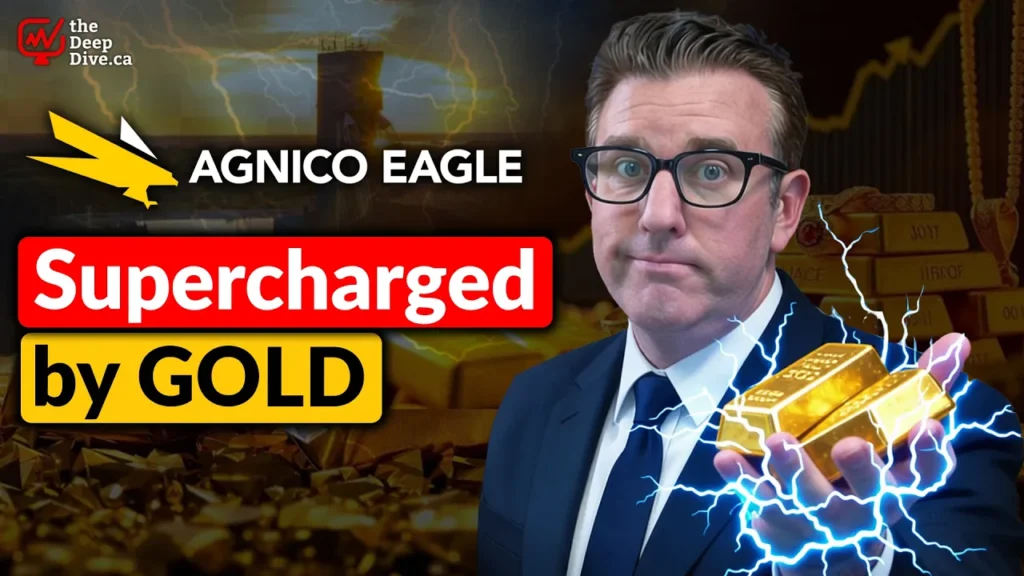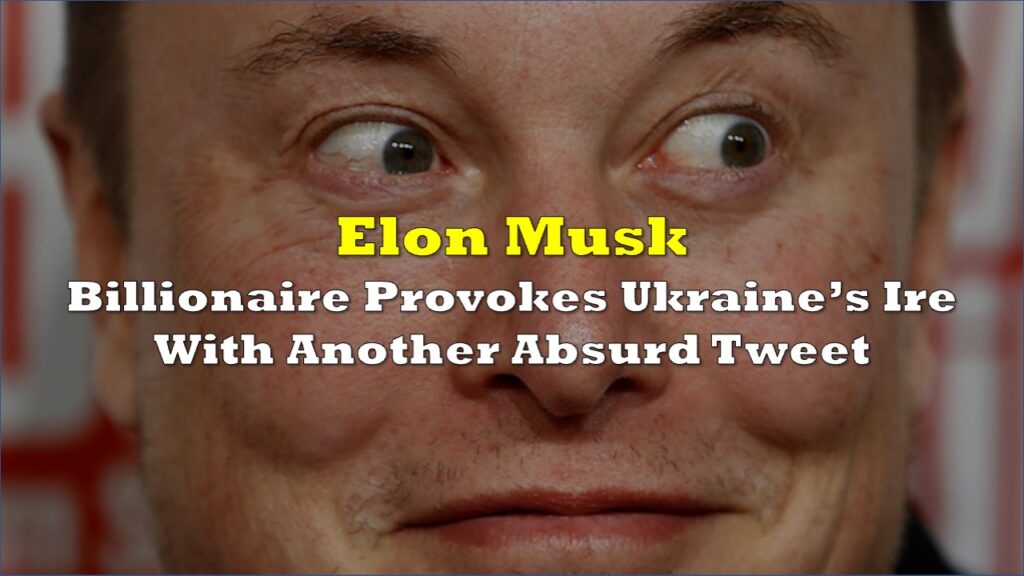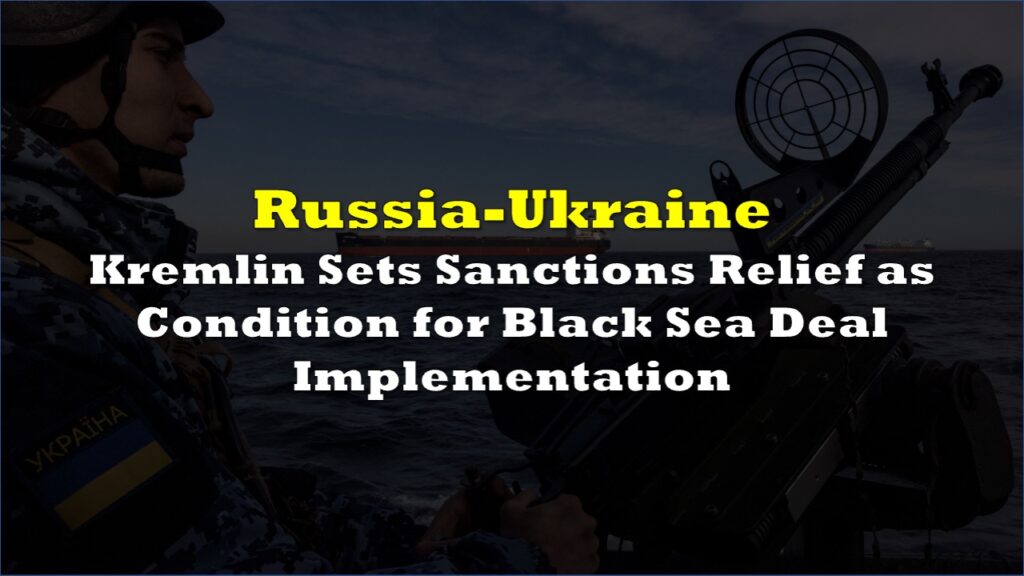Hungary signed a 10-year natural gas supply agreement with Shell on Tuesday, marking the country’s largest energy diversification deal with a Western company as the European Union prepares to phase out Russian fossil fuel imports by 2027.
The deal, announced by Hungarian Foreign Minister Péter Szijjártó at the Gastech conference in Milan, covers 2 billion cubic meters of gas deliveries starting in 2026. Gas will flow to Hungary using existing pipeline networks in the Czech Republic and Germany.
🇭🇺 Hungary has signed a 10-year gas supply agreement with Shell, taking one of the first steps towards diversification and reducing dependence on Russian supplies.
— MAKS 25 🇺🇦👀 (@Maks_NAFO_FELLA) September 9, 2025
According to Foreign Minister Szijjártó, supplies will reach Hungary via Czech and German gas pipelines starting… pic.twitter.com/CLa0beGEmS
“This is our largest volume and longest western supply contract ever,” Szijjártó said, describing the agreement as worth “hundreds of millions of euros.”
However, the minister emphasized that the Shell deal supplements rather than replaces Hungary’s existing Russian gas imports. The country currently receives 4.5 billion cubic meters of natural gas annually from Russian energy giant Gazprom under a contract that runs until 2036.
“With this, are we going to be able to live without Russian gas? No, because of geographical and infrastructural conditions,” Szijjártó said.
Hungary consumes approximately 8 billion cubic meters of gas annually and remains the EU’s largest buyer of Russian energy. The new Shell contract represents about 2.5% of the country’s annual gas consumption.
The agreement builds on a previous six-year deal with Shell signed in 2020 that provided 250 million cubic meters of liquefied natural gas annually through 2027 via Croatia’s Krk terminal.
Budapest has long opposed EU efforts to impose stricter sanctions on Russian energy, arguing that the bloc should compensate member states for diversification costs. The country has repeatedly threatened to block Ukraine’s EU accession path over energy security concerns.
Recent tensions escalated when Ukrainian drone strikes on Russian oil facilities temporarily disrupted the Druzhba pipeline, which delivers crude directly to Hungary and Slovakia. Ukrainian President Volodymyr Zelenskyy suggested the pipeline’s future could depend on Hungary’s stance toward Ukraine’s EU membership bid.
Szijjártó said Hungary is negotiating additional contracts with other Western suppliers but declined to provide details.
The minister also noted that Hungary’s nuclear expansion plans, which aim to double atomic capacity with two new reactors, would eventually enable the country to cut gas imports by half while covering 70% of electricity needs domestically.
The EU has set a deadline of late 2027 to completely phase out Russian fossil fuel imports as part of sanctions over the war in Ukraine.
Information for this story was found via Bloomberg, Reuters, and the sources and companies mentioned. The author has no securities or affiliations related to the organizations discussed. Not a recommendation to buy or sell. Always do additional research and consult a professional before purchasing a security. The author holds no licenses.

